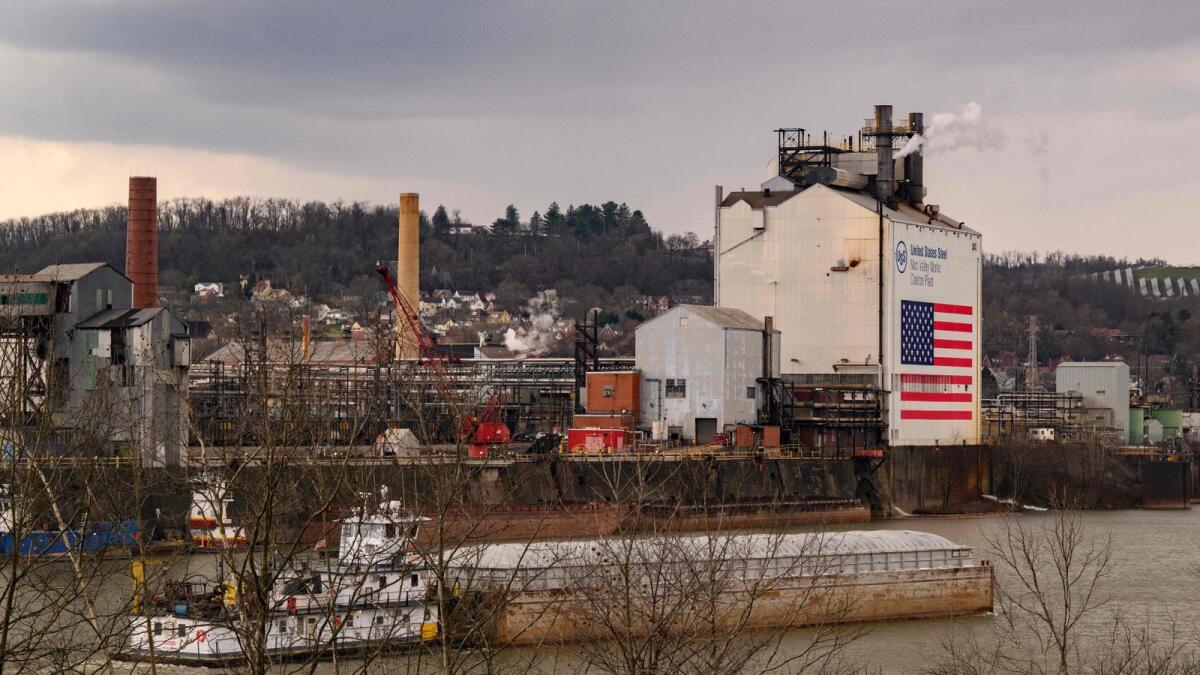The proposed acquisition of United States Steel by Nippon Steel has raised concerns in Pittsburgh, a city once dominated by the steel industry. Critics fear that this deal could further threaten an industry already struggling to survive following plant closures in the 1970s and 1980s. The United Steelworkers (USW) view this transaction as a potential threat to the region’s heritage and economy, questioning the specifics of Nippon Steel’s plans for Pittsburgh-area plants.
After US Steel finalized a $14.9 billion deal with Nippon Steel in December, concerns have arisen about the future of Pennsylvania factories and the impact on the region’s steel industry. The uncertainty surrounding the acquisition has become a central issue in the ongoing presidential election campaign, with both Joe Biden and Donald Trump expressing intentions to nullify the deal. The fate of the Pittsburgh region’s remaining steel factories hangs in the balance as the acquisition remains in limbo.
Steel has long been a symbol of Pittsburgh’s identity, with the industry playing a significant role in shaping the city’s history and economy. However, the closure of steel plants in the 1980s led to a fundamental shift in the region’s industrial landscape. Former steelworker Edward Stankowski Jr., who experienced the industry’s decline firsthand, reflects on the transition from steel production to a more diversified economy in Pittsburgh.
The Mon Valley plants, managed by US Steel under the operation known as “Mon Valley Works,” are at the center of the acquisition deal with Nippon Steel. While Nippon Steel has pledged to invest in the plants and maintain their operations, concerns persist about the future of the region’s steel industry. The renaming of the US Steel tower in downtown Pittsburgh to the UPMC building highlights the shifting economic landscape, with healthcare now playing a more prominent role in the region.
Nippon Steel’s promise to invest in USW-represented facilities and keep US Steel’s office in Pittsburgh open has been met with skepticism by some workers and union leaders. The vague nature of Nippon’s plans and concerns about job security have fueled uncertainty among employees of the Mon Valley plants. As workers await clarity on the future of the steel industry in Pittsburgh, their hopes and fears reflect the challenges facing the region’s economy and identity.
The acquisition of United States Steel by Nippon Steel represents a significant turning point for the Pittsburgh region’s steel industry. The outcome of this deal will have far-reaching implications for the local economy, workforce, and heritage of a city deeply intertwined with the steel industry. As stakeholders continue to navigate the uncertainties surrounding the acquisition, the future of Pittsburgh’s steel industry hangs in the balance, awaiting decisions that will shape the region’s identity for generations to come.











